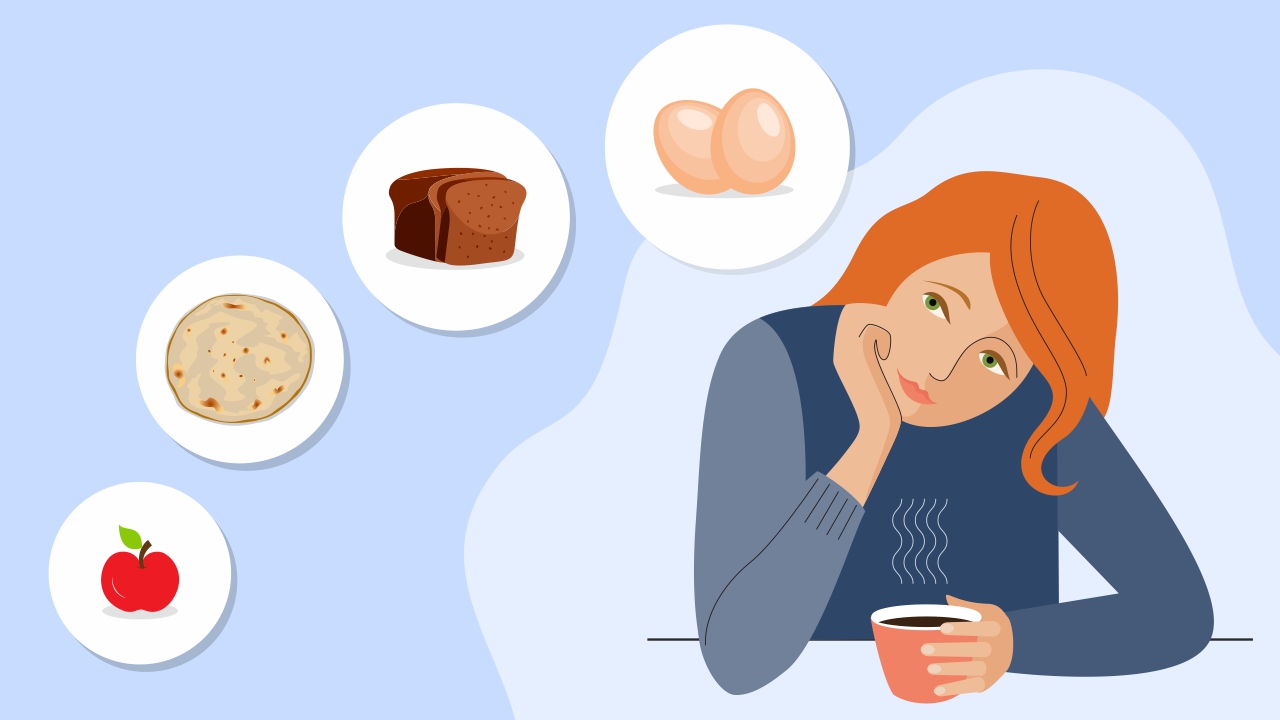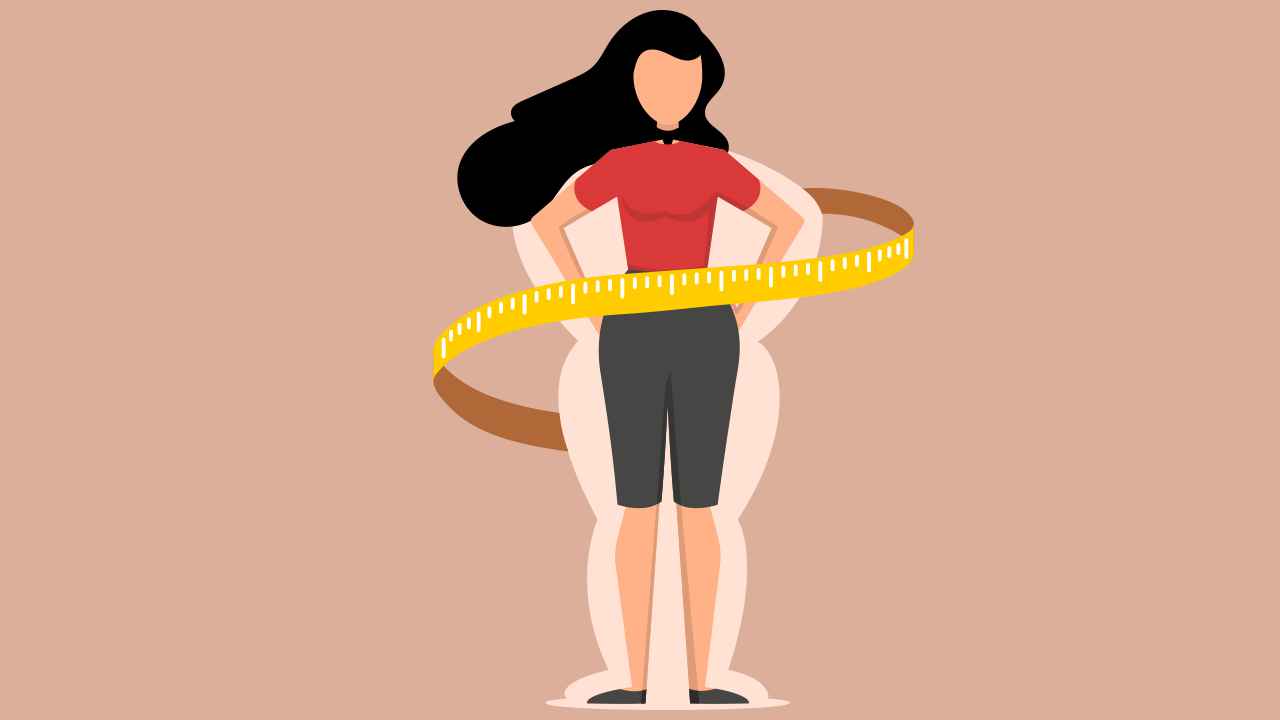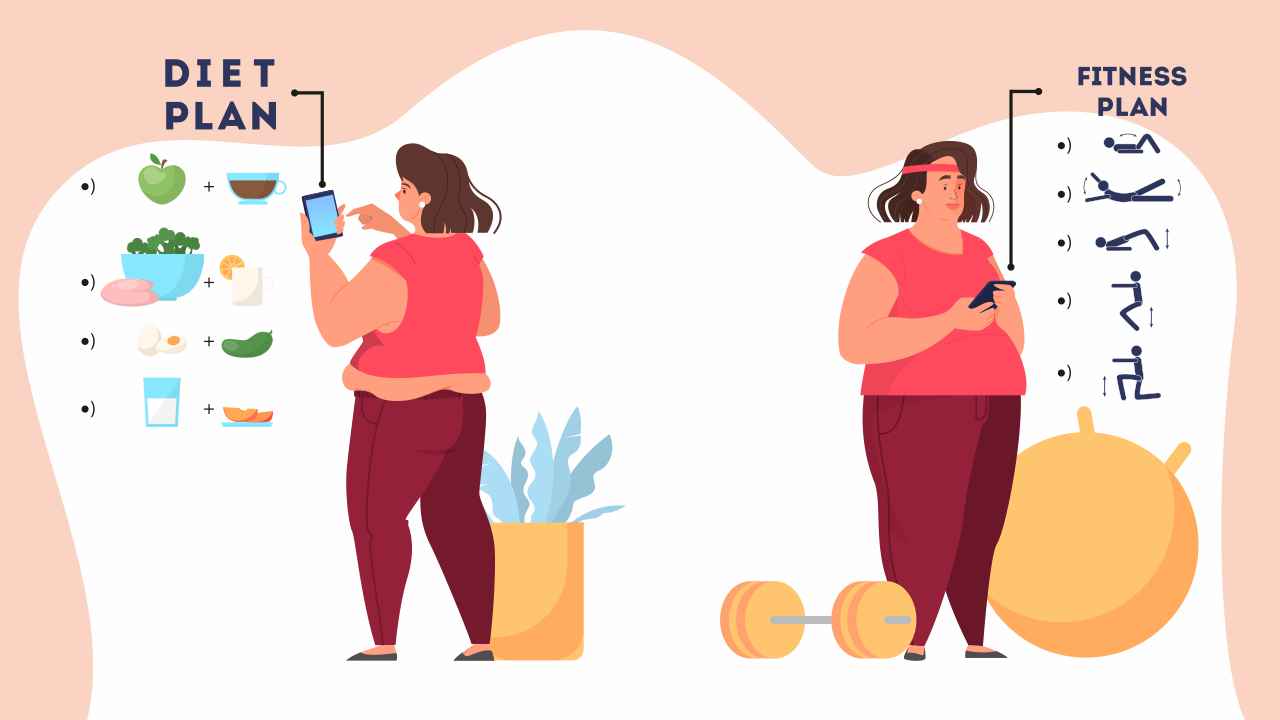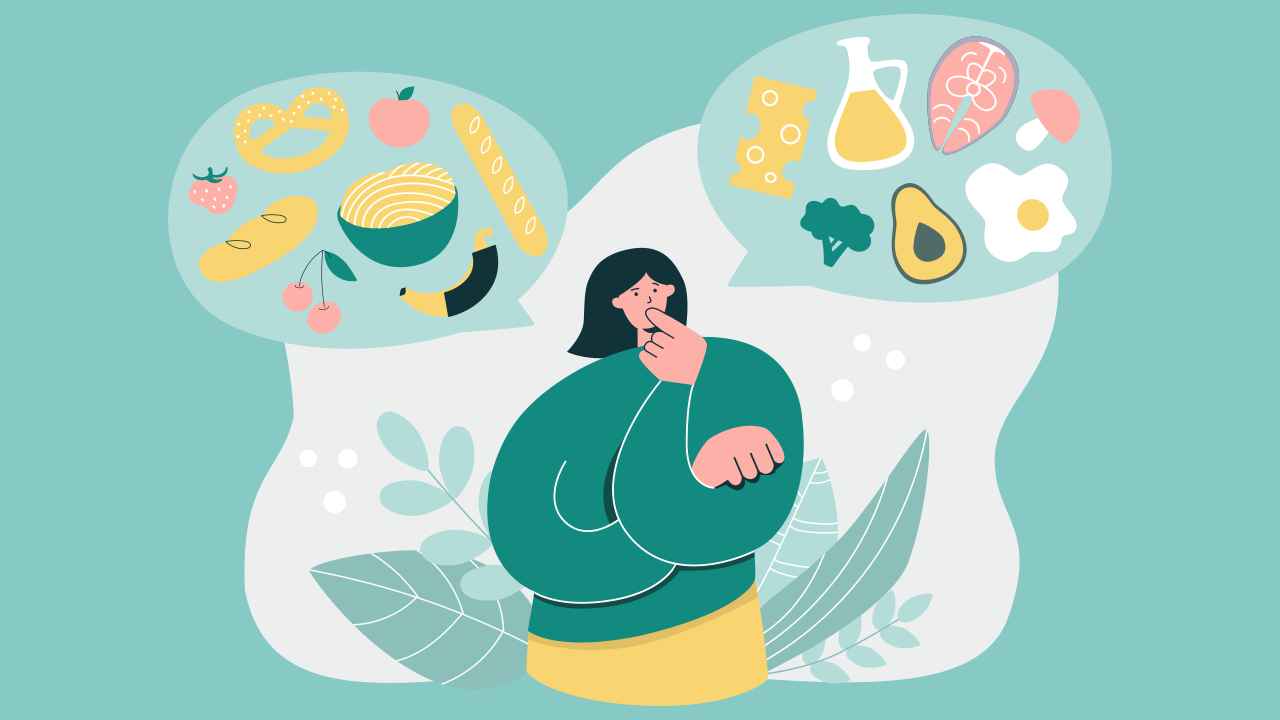
Can Green Tea Help You Lose Weight?

The global prevalence of obesity has increased over the past decade, and so has the importance of weight loss and the various tools for weight management. Tea is the second most consumed beverage in the world after water. If the good old chai (Indian tea) is considered to be the drink for the soul, green tea (despite its bitter taste) is thought to be a magic potion for weight loss. Matcha, a type of Japanese powdered green tea has become particularly popular for its photogenic color and proposed health benefits.
But is green tea good for weight loss? Can green tea help reduce weight? Let’s find out!
First let’s find out how green tea is different from black tea. To make green tea, the tea leaves are immediately steamed after harvesting to prevent fermentation and to retain the green colour. This helps preserve the natural polyphenols that make green tea a potent antioxidant.
Catechins are the major antioxidants present in green tea that have been found to have anti-cancer, anti-diabetes, anti-viral, and heart and liver-protecting properties.
Caffeine is another compound in green tea that has metabolism-modulating effects on the body.
Benefits of green tea in weight management
Thermogenesis: Besides acting as antioxidants, studies have shown that the catechins present in green tea may help increase your metabolism by increasing thermogenesis (heat production). Caffeine temporarily increases metabolism by increasing heat production in our body. A study on middle-aged men and women found that two weeks of regular intake of tea catechins with caffeine, led to increased energy expenditure immediately after consumption, but the effect was not prolonged, especially in sedentary individuals.
Reducing calorie intake: Calorie deficit is the basis of weight loss. One may achieve a calorie deficit by reducing calorie intake through food or increasing energy expenditure with exercise. Regular intake of green tea has been studied to improve satiety by modulating the activity of hormones. Improved satiety may help curb cravings, prevent overeating, and thereby aid in weight loss.
Increasing fat utilization: The sympathetic nervous system (SNS) regulates your fight and flight response. It increases heart rate or causes sweating when you face or perceive danger. Catechins in green tea increase the levels of norepinephrine, a hormone of the SNS that causes the breakdown of fat stored both below your skin (subcutaneous fat) and around your abdominal organs (visceral fat). Caffeine present in green tea may also support the process of increased fat utilization. The fatty acids released into your bloodstream can act as fuel for your muscles and other tissues when you exercise. Reduction in visceral fat reduces the risk of developing cardiovascular diseases and type-2 diabetes.
Improving fat metabolism: Besides increasing fat breakdown in the body, catechins also improve overall hepatic (liver) lipid metabolism, thus helping in reducing the synthesis of fat in the liver.
How to consume green tea?
Green tea is available in various forms including capsules (containing green tea extract), ready-to-drink tea, and tea bags. The catechin content of each product is different and thus is the degree of effect on weight loss. The highest content of catechins is present in capsules, followed by tea bags, and lastly, ready-to-drink teas that contain negligible amounts of catechins.
Exposure to heat is one of the important factors that determine the amount of catechins present in the beverage.
How to make green tea for weight loss: The correct way of making green tea using the tea bags is to cool the water slightly and then add the teabag to let it steep for 2-3 minutes. This ensures that the active compounds are preserved and can be utilized by your body. However, one may need to consume four to seven cups of green tea a day to start to experience the benefits of catechins, especially for weight loss.
Since the capsules contain a concentrated green tea extract that has been minimally heated, they contain the highest amounts of catechins and other active compounds. The majority of research on green tea, catechins, and caffeine has been performed with green tea extracts or catechin, and caffeine-enriched beverages. Thus, the positive effects of green tea, especially on weight loss claimed by these studies, may not be achieved by the consumption of a few cups of green tea prepared with tea bags.
Is too much green tea unhealthy?
Anywhere from 10mg-50mg of caffeine is present in an average cup of green tea. Thus, consuming more than six to seven cups of green tea may cause irritability, insomnia, nervousness, and tachycardia. Pregnant and lactating women should also limit caffeine intake, and thus need to be mindful of their green tea consumption.
Overconsumption of green tea may also adversely affect appetite and result in inadequate nutrient intake. This may cause a deficiency of specific nutrients and affect the overall health.
What is the final verdict?
Green tea offers a plethora of health benefits, ranging from improving mood and concentration, protection against cancer, type-2 diabetes, and dyslipidemia, to regulating appetite and increasing metabolism by thermogenesis.
However, one should not look at this beverage as a quick fix or elixir for weight loss. One may boost the benefits of a wholesome balanced diet and regular physical activity with 3-4 cups of green tea. However, relying solely on green tea or its extracts to achieve your ideal weight is not advisable.
Thus, consuming green tea can be beneficial for weight loss only in the form of regular consumption, along with a wholesome diet and a regular exercise regimen.
References
1. Lin YS, Tsai YJ, Tsay JS, et al. Factors affecting the levels of tea polyphenols and caffeine in tea leaves. J Agric Food Chem 2003; 51: 1864–73.
2. Westerterp-Plantenga MS. Green tea catechins, caffeine and body-weight regulation. Physiol Behav 2010; 100: 42–6.
3. Suzuki Y, Miyoshi N, Isemura M. Health-promoting effects of green tea. Proc Jpn Acad Ser B Phys Biol Sci 2012; 88: 88–101.













